Aggrieved at getting only 29 seats from the ruling Awami League, the Jatiya Party has decided to field its candidates in 145 other constituencies.
Of the 145, at least 100 constituencies will see the AL face its ally JP alongside the BNP-led opposition alliances.
The AL has finalised candidates in 258 out of the 300 constituencies and left 42 seats for its partners in the grand alliance comprised of JP and 14 other parties.
JP leaders said they got very disappointed as the AL left only 29 seats although they bargained for over 40 throughout the last week.
Besides, two of the 29 seats will “remain open” since the grand alliance has nominated AL and Workers Party candidates in those constituencies.
So the JP has actually been given 27 seats as it will have the AL as its challenger in Kurigram-1 and Workers Party in Barishal-3, added the leaders.
However, the party in the press release sent to different media outlets mentioned that it got 29 seats to contest the parliamentary polls.
The AL did not agree to leave Kurigram-1 for the JP and tried to make the Workers Party happy by giving it Barishal-3, sources in the ruling party said.
JP and Workers Party have incumbent lawmakers in Kurigram-1 and Barishal-3 respectively.
According to the lists submitted to the Election Commission, the AL is contesting in 258 seats, Workers Party in five, Jatiya Samajtantrik Dal (Inu) and Bikalpadhara Bangladesh in three each, Tarikat Federation and Jatiya Party (Manju) in two each, and Bangladesh Jatiya Samajtantrik Dal (Ambia) in one.
The JP will contest the 174 seats with its own symbol “plough”.
Apart from contesting from the grand alliance, JSD (Inu) will have its four candidates running with its own symbol “torch”, sources said.
Several candidates of Workers Party will also contest the election with the party symbol “hammer”, party president Rashed Khan Menon told The Daily Star.
The two parties will use AL's symbol “boat” in the seats where their leaders will contest as grand alliance candidates.
Candidates will formally begin electioneering across the country today after the election offices allocate them polls symbols.
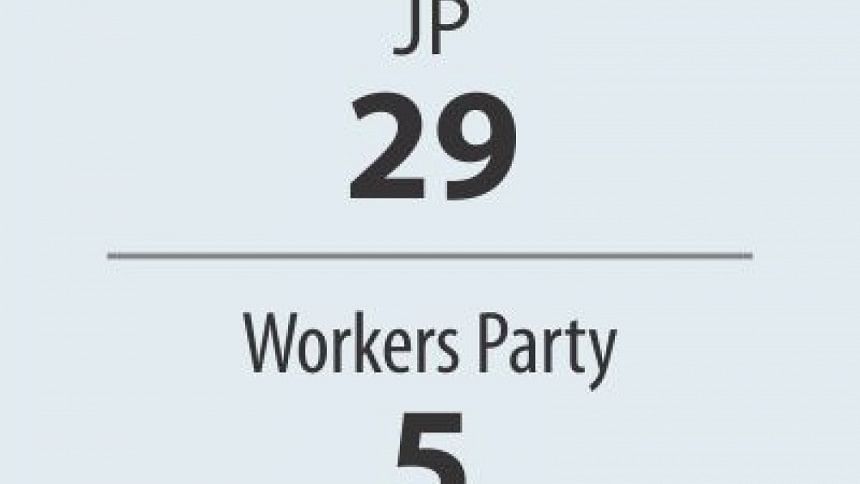
SEAT-SHARING NEGOTIATION
The JP high-ups had initially pressed for around 100 seats to contest the polls under the banner of grand alliance. Later, the party demanded 45 to 50 seats but the AL turned it down, insiders said.
At one stage of the talks over seat-sharing, JP Chairman HM Ershad removed Ruhul Amin Hawlader as the party's secretary general on December 3 and replaced him with State Minister for LGRD Moshiur Rahman Ranga, who is considered close to AL.
After a weeklong negotiation, Ranga failed to ensure more than 29 seats, making the JP chief highly disappointed, several party leaders told this correspondent yesterday.
Ershad, who has been staying at the Dhaka Combined Military Hospital since December 1, asked Ranga and his close aides to make sure that JP aspirants do not pull out from the race.
Yesterday was the last day for withdrawing nomination. Many JP leaders gathered at the party chief's Banani office since morning.
Around 12:30pm, Ershad made it clear that his party will contest in 145 constituencies besides the 29 offered by the AL, insiders said.
Earlier on several occasions, AL General Secretary Obaidul Quader said his party would leave 65 to 70 seats for its partners in the 14-party combine and grand alliance.
On December 1, Quader at a press conference formally said the JP would be given 40 to 42 seats to contest the polls under the banner of the grand alliance.
Later, the AL high-ups backtracked on the decision considering the “current reality” and sensing tough battle with the BNP camp, party insiders said.
Currently, the JP has 36 MPs in parliament.
In the 2008 national election, the AL gave 29 seats to the JP, four to the Workers Party and three to the Jatiya Samajtantrik Dal.
In the 2014 election, which was boycotted by the BNP-led opposition, the AL left 60 seats to its alliance partners.


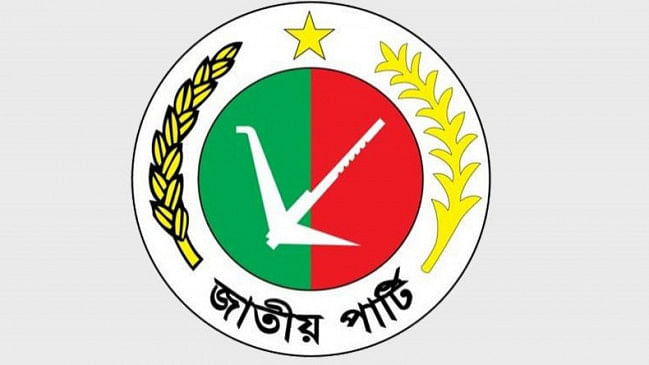
 For all latest news, follow The Daily Star's Google News channel.
For all latest news, follow The Daily Star's Google News channel. 
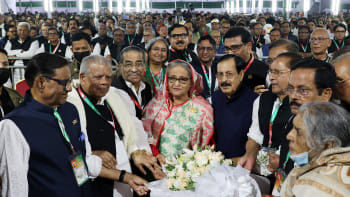
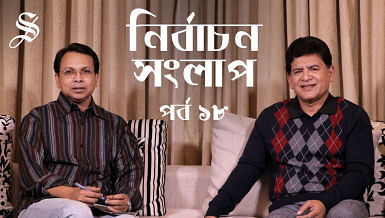
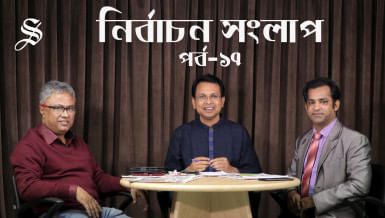
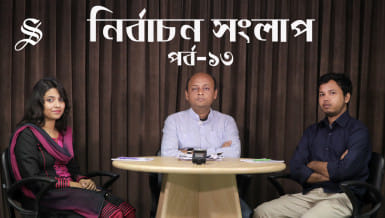
Leave your comments